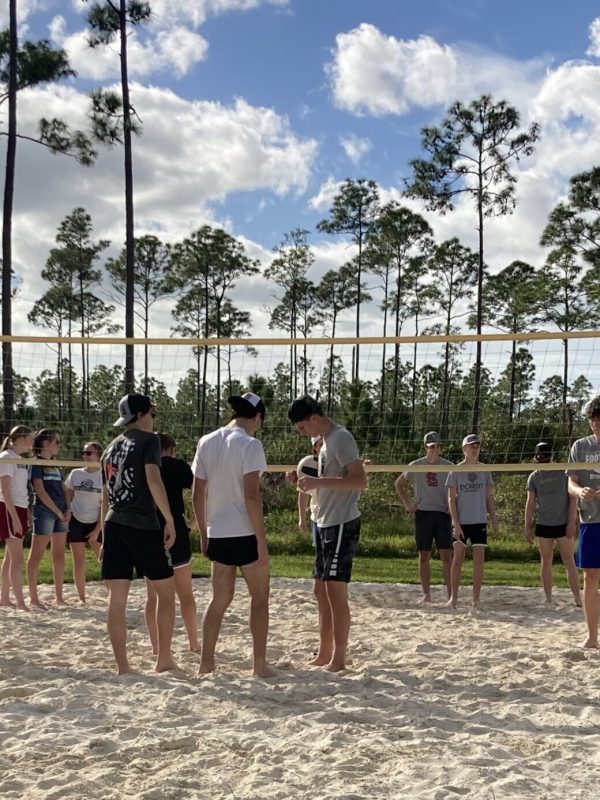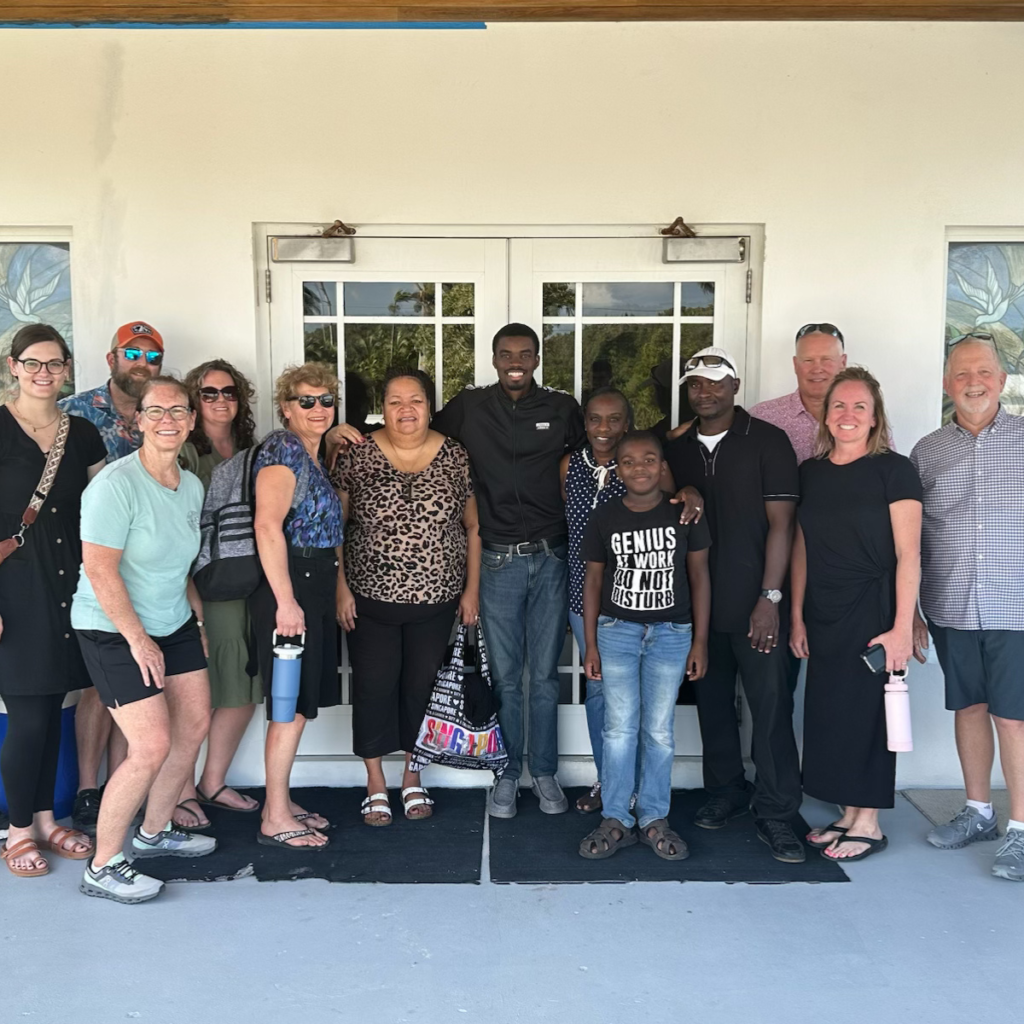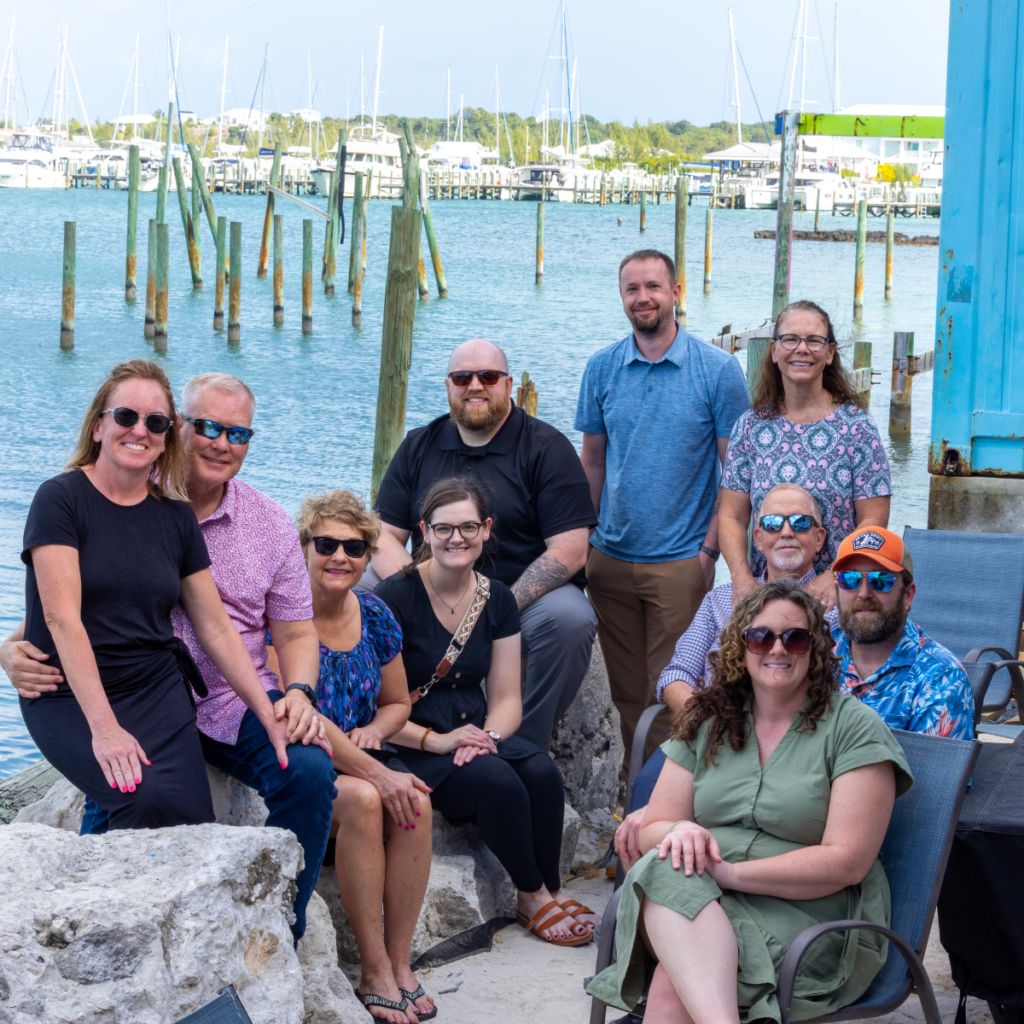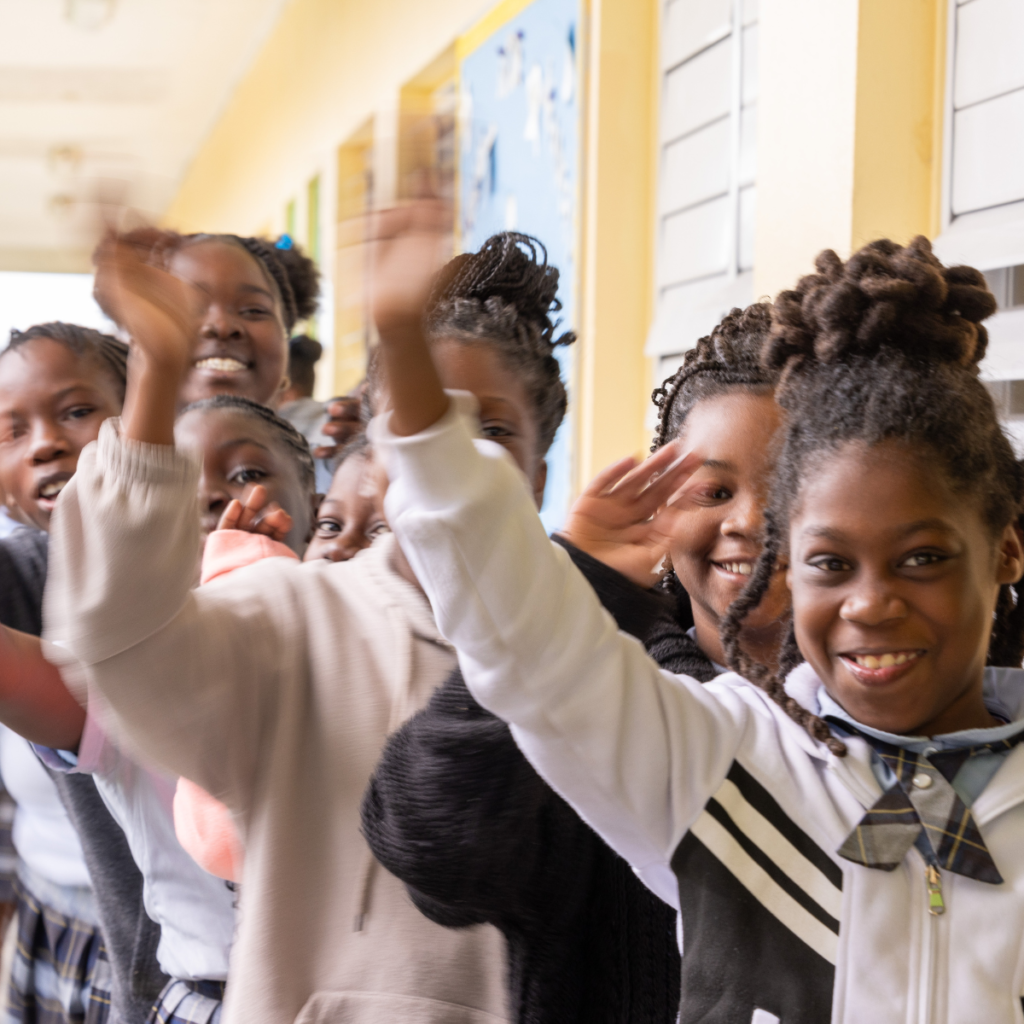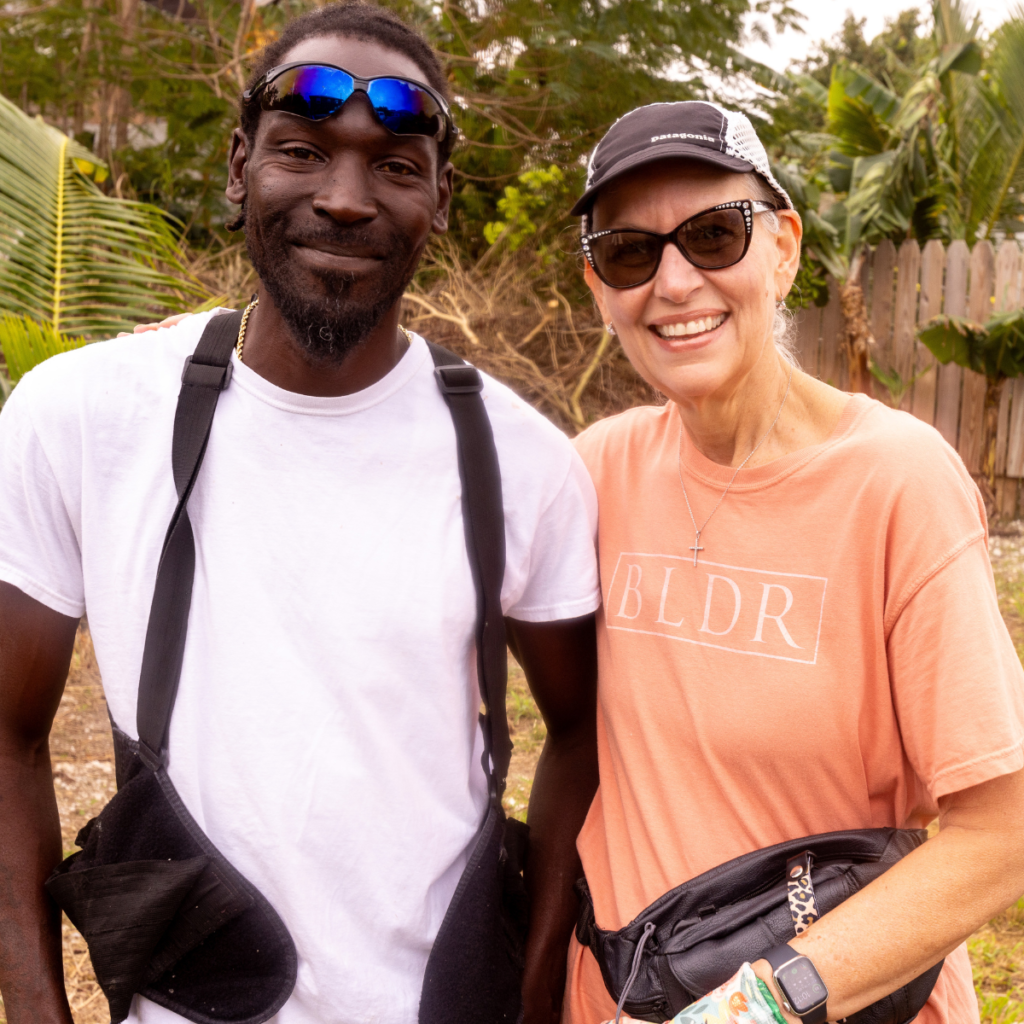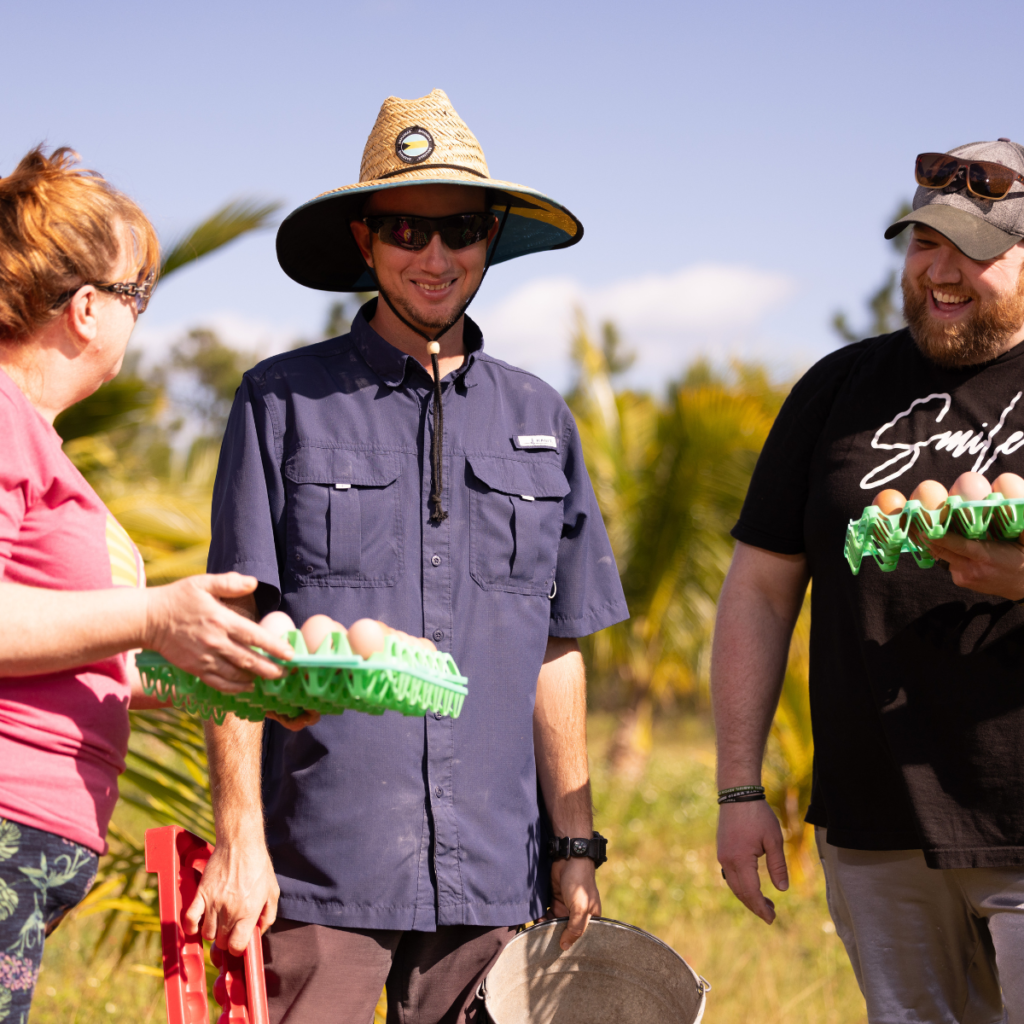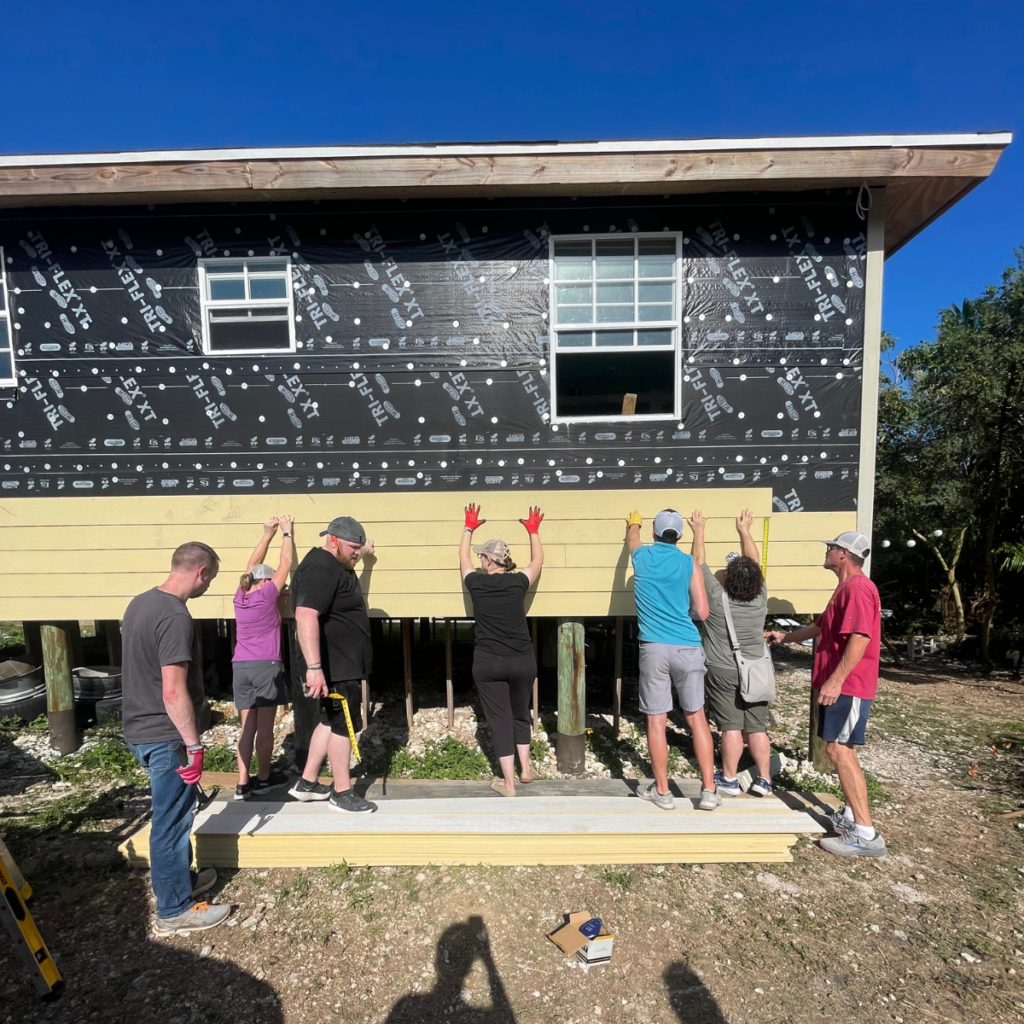Pella Christian’s team got their bearings in Abaco, witnessed the remaining destruction of Dorian, and got their hands dirty at Driftwood Farms.
Read past blogs from this team and others at Team Updates – Many Hands Impact
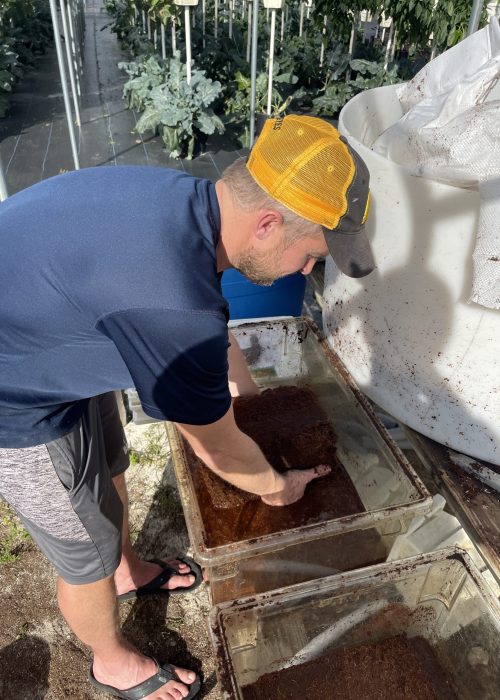
The team went on a tour of Abaco life and how hurricane Dorian affected it. First, we traveled to the former church site of First Assemblies of God. There, Laura gave us a visual of the hurricane and the twenty-foot storm surge. We saw the storm’s damage by seeing a gas station that is being rebuilt right next to the old one that was left damaged and unable to be repaired. The Bahamians continue to use the pumps of the gas station despite the building’s wreckage.
Secondly, after stops that showed Bahamian life, we traveled to one of the high schools on the island (grades 7-12) to visit their sports facility. We also traveled to a primary school (grades 1-6) where Laura explained that because of the hurricane followed by COVID-19, students who were returning were missing the three years of education prior. After the hurricane, most people had to leave the island to other islands or even countries. We also were shocked to learn that the school had not had a library until last year.
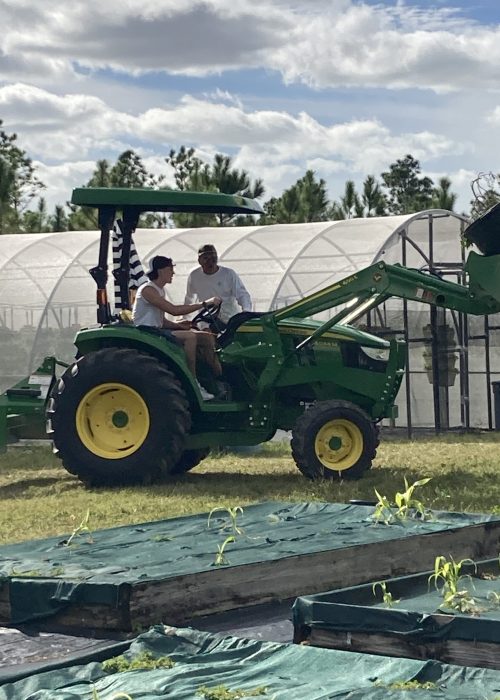
After the hurricane, people began living in small dome homes that looked like igloos and campers as emergency housing. Eventually, the emergency housing was revoked as they were not suitable for long-term housing. Laura helped us to think through these issues of housing and where these individuals may go if they cannot live in these emergency crisis-relief homes. The dome homes grow black mold and are washed with bleach, which can cause more health problems for the people living in them.
Lastly, we went to Driftwood Farm, which is a hydroponic farm growing fruits and vegetables and is owned by the Kellys. Abaco is on a limestone aquaphor which means that it is very hard to grow crops. The Kelly’s work with Many Hands to provide food for the first 1,000 Days of Life program. This is a necessity for families because 70% of marriages are broken and 90% of those homes are single moms. We cannot even fathom that, and it really opens our eyes and makes us realize how fortunate we are for our families. At the farm we did jobs such as harvesting green beans and tomatoes, gathering eggs, and helping continue to build greenhouses. Afterward, we did fun activities such as playing sand volleyball (where we were humbled by our Bahamian friends) and trying fresh coconut/coconut water and guava. These activities helped us begin to commune with the locals and see God at work.
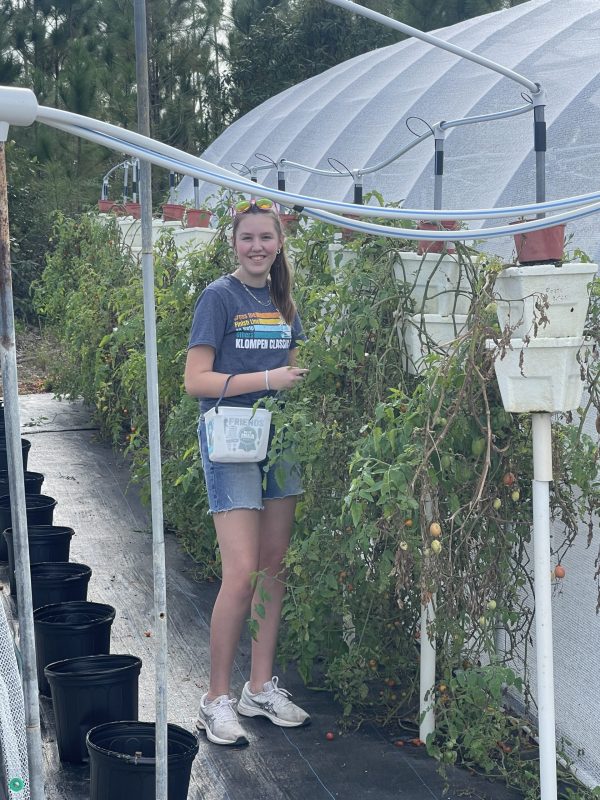
Overall, we all had an eye-opening day. Learning more about Bahamian life and Bahamian culture.
